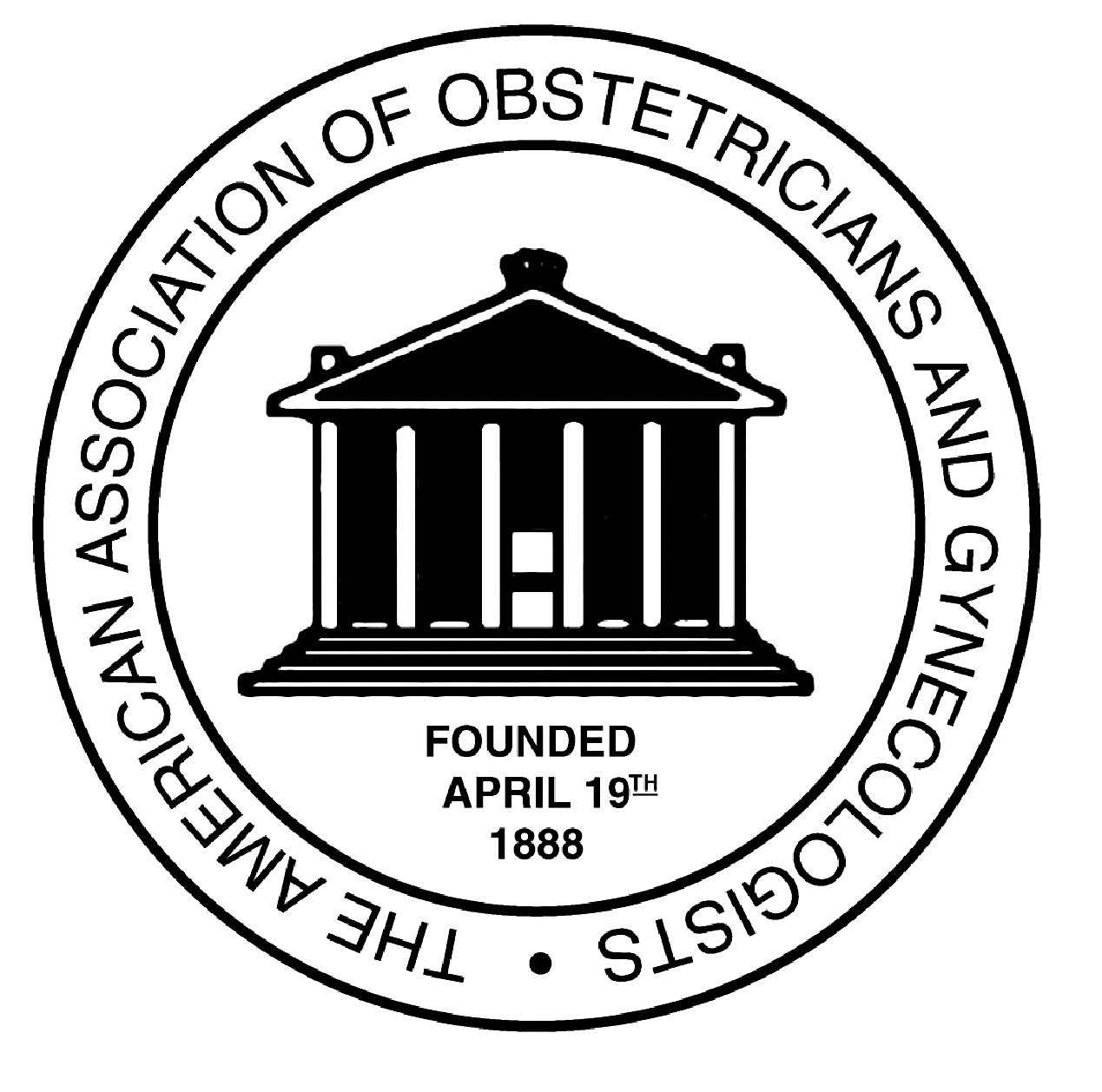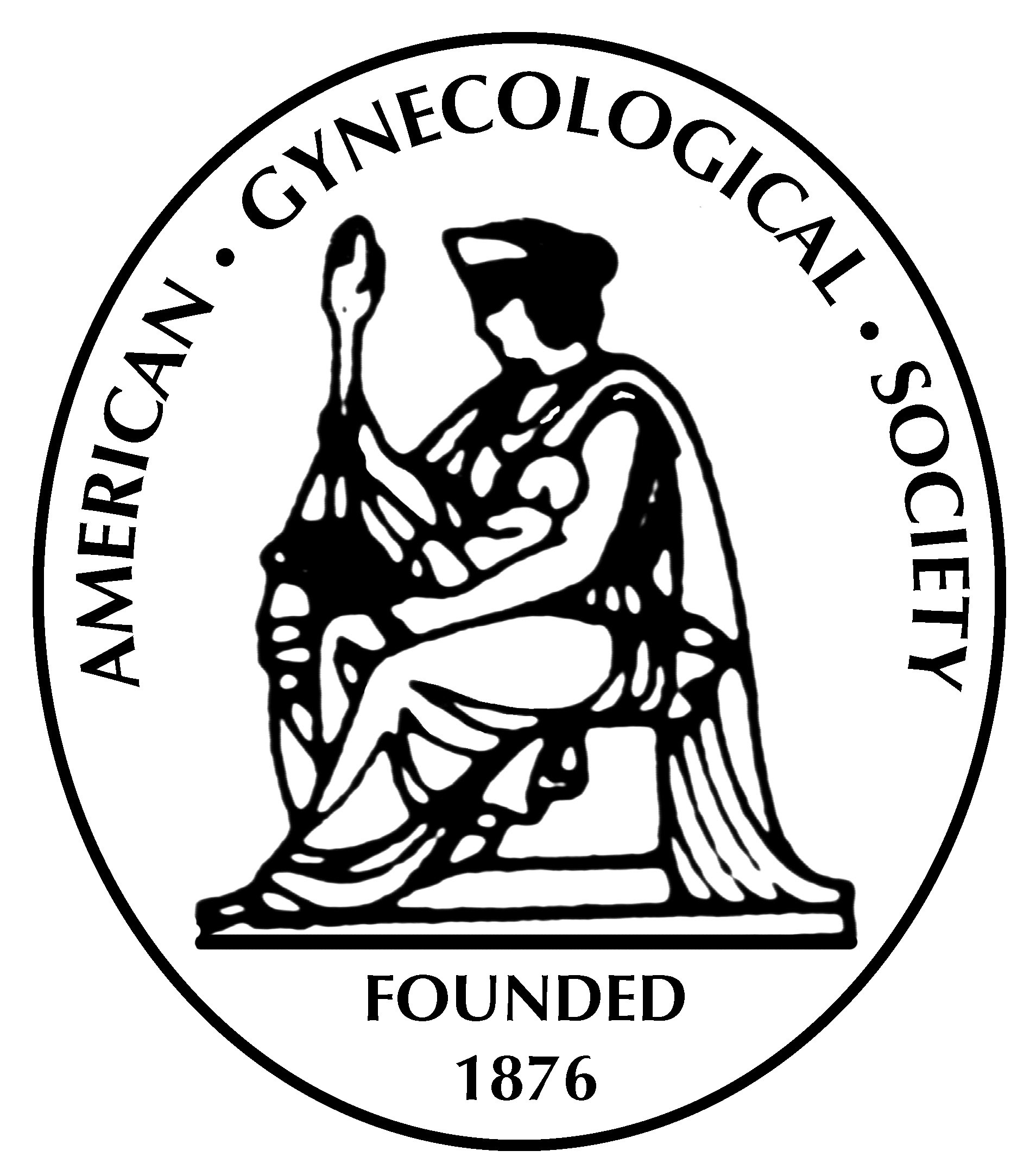AGOS Membership Application Process
AGOS Membership applications must be submitted by January 31. The AGOS Bylaws state that a candidate for Active Fellowship must have completed medical school training at least ten years prior to applying for membership and shall have demonstrated outstanding talent and ability as a clinician, teacher, investigator and leader in the field of obstetrics and gynecology. The information below describes the evaluation criteria and scoring procedures in evaluation of fellowship applications.
AGOS Application Guidelines
Read the APPLICATION GUIDELINES thoroughly to familiarize yourself with the pathway to membership.
AGOS Fellowship Application Information
Before you begin your application, please make sure you have the following items available to include within the online form:
- Basic demographic data
- Current CV (to upload)
- Current Biosketch – (to upload) (NIH style – reference)
- Professional; high-resolution photo (to upload)
- Two letters of support from mentors – Mentors must forward to you directly for submission within this application. (to upload)
- Basic demographic data
- Year completed residency
- Year completed fellowship (if applicable)
- Specialty
- Sub-specialty focus
- Current academic rank
- Publications – Total number (Number first author, Number senior author)
- Summary of intramural and extramural grant support and roles
- Service on editorial boards
- Leadership roles: (Key institutional leadership, key leadership positions in national organizations, summary of ABOG involvement)
- Prior or planned AGOS meeting attendance
AGOS Fellowship Evaluation Domains
Each candidate application will be evaluated by a Primary and Secondary Reviewer from the Fellowship Committee and two members-at-large (a total of 4 reviewers per candidate). Each assigned reviewer will score each of the following domains using an NIH type scoring system subsequently described. A separate total impact score using an NIH type scoring system will also be provided by the reviewers and will be the key scores utilized to evaluate each candidate. This impact score should not be a numberical average of the component scores but should be the overall assessment of the reviewers taking into account the domain scores as an individual may have great strength in one or two domains but not in others. The average of the total impact scores for all reviewers would be calculated and provided to the Fellowship Committee when applications are reviewed. Scores for the individual domains will be utilized in cases where there is wide variance in the total impact score among the assigned reviewers. Comments on how the applicant would contribute to diversifying AGOS membership will be considered in the evaluation of a candidate.
Domains
- Prior training, current academic rank, and specialty/subspecialty focus
- Scholarly productivity (including publications, grants, service on editorial boards, service on study sections, etc.)
- Major institutional and national leadership roles
A separate total impact score using an NIH type scoring system will also be provided by the reviewers and will be the key scores utilized to evaluate each candidate. This impact score should not be a numberical average of the separate domain scores but should be an overall assessment of the reviewer taking into account the domain scores as an individual may have great strength in one or two domains but not in others. The average and median of the total impact scores for all reviewers will be calculated and provided to the Fellowship Committee when applications are reviewed. Scores for the individual domains will be utilized in cases where there is wide variance in the total impact score among the assigned reviewers.
Comments will also be solicited on how the applicant would potentially contribute to diversifying AGOS membership and will be also be considered in the evaluation of a candidate.
An overriding consideration when considering the suitability for AGOS membership is not whether the candidate is strong in all domains but whether they have a strong application overall and be recognized as an established or emerging national leader.
AGOS Fellowship Scoring System
Reviewers will utilize a scoring system that mimics that utilized by the NIH. The scoring system is itemized below. Scores of 1-3 would be considered high; scores of 4-6 would be considered medium; scores of 7-9 would be considered low. In general, a candidate would be expected to have a total impact score in the high range (1-3) to be considered qualified for membership.

